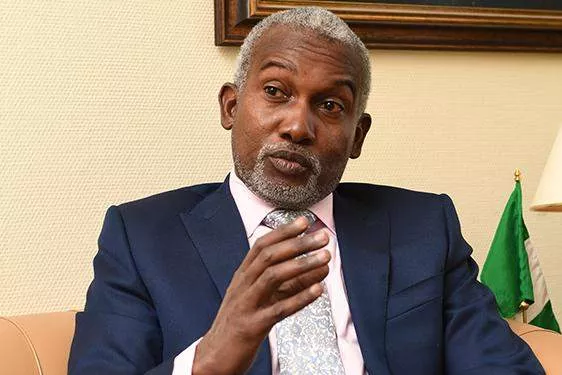
The Minister of Foreign Affairs, Yusuf Tuggar, says the country has not appointed a new set of ambassadors to its missions this year because of a lack of money.
He stated this in Abuja during the ministerial briefing on the one-year anniversary of President Bola Tinubu's administration.
According to him, following significant problems in the macroeconomy with respect to the depreciation of the naira, inflation, debt and others, the Ministry of Foreign Affairs became underfunded.
He stated, "Part of the problem is the situation the new administration came and met. As you know, President Tinubu, when he came in, focused on removing subsidy. The whole idea is to stop subsidising consumption and focus on subsidising production. At the same time, the government was also facing other challenges.
"To cut a long story short, foreign affairs was not being funded the way it should be and these sorts of loopholes were exploited by the likes of Binance, so it's a money problem. There is no point sending out ambassadors if you don't have the funds for them to even travel to go there. And then, of course, to run effectively and efficaciously, you need funding, so that is it."
However, Ambassador Tuggar noted that the President is aware of the situation and will appoint ambassadors in due course.
Also, he addressed the problem with the issuance of student visas to Nigerian students in other countries, stating that negotiations are going on between Nigeria and other countries where Nigerians are facing similar problems.
The administration of President Bola Tinubu on assumption into office one year ago, introduced some bold reforms including the removal of fuel subsidy and unification of the foreign exchange market.
The reforms led to arguably the biggest depreciation of the naira in history with the local currency losing over 100% of its value and reaching about N1600/$ on the official window.
While there have been some wild swings in 2024, there has been relative stability on the forex market in the last one month, with the naira settling around N1200 to N1500.
Also, inflation reached a 28-year high of 33.69% in April 2024 while food inflation ticked 40.53% in the month.
All these, coupled with increasing recurrent expenditure, have made the President mulling the implementation of the neglected Oronsaye report which aims to reduce the cost of governance while improving public efficiency.

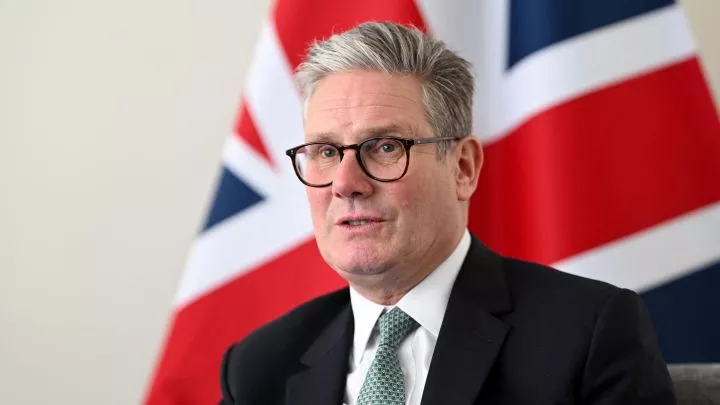
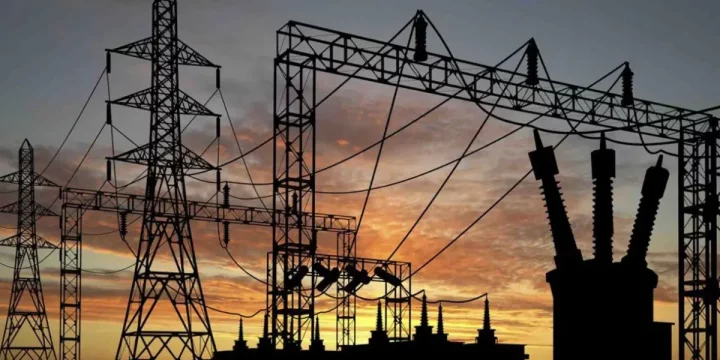
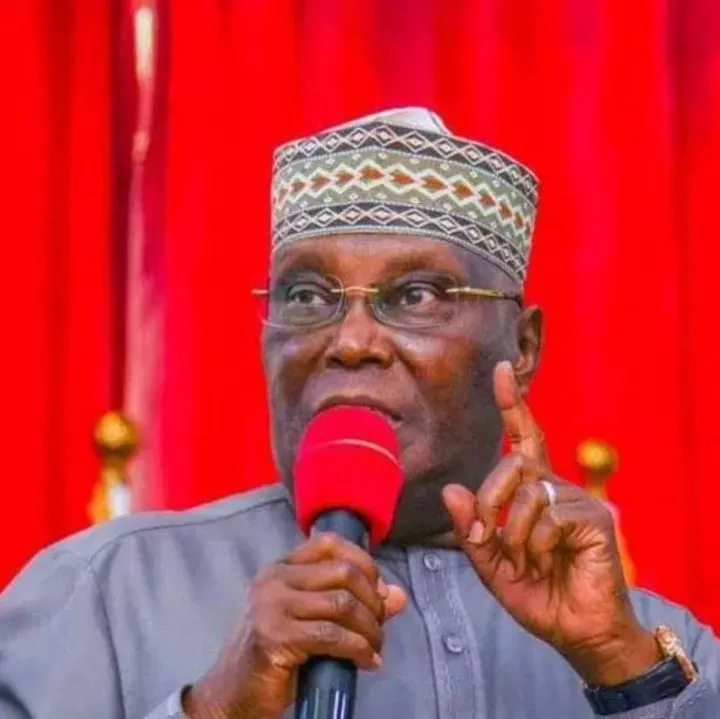
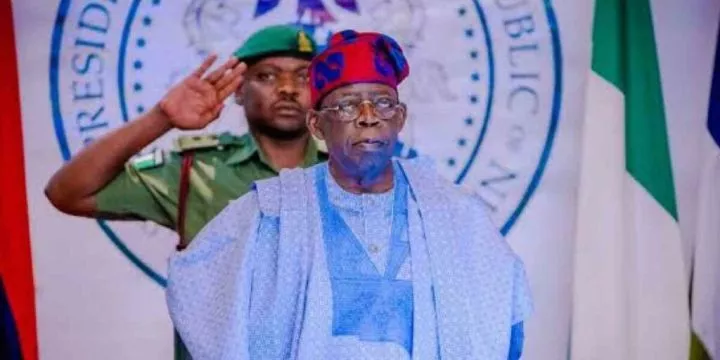

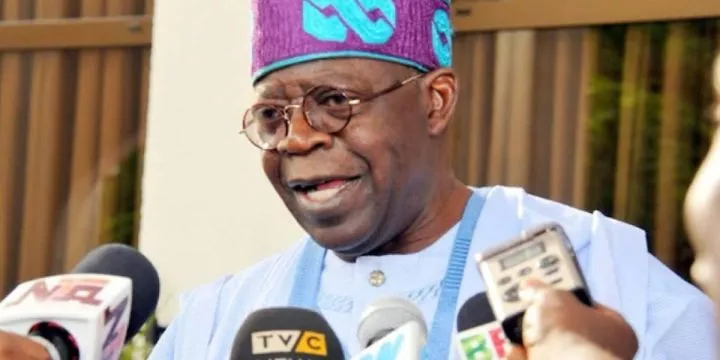






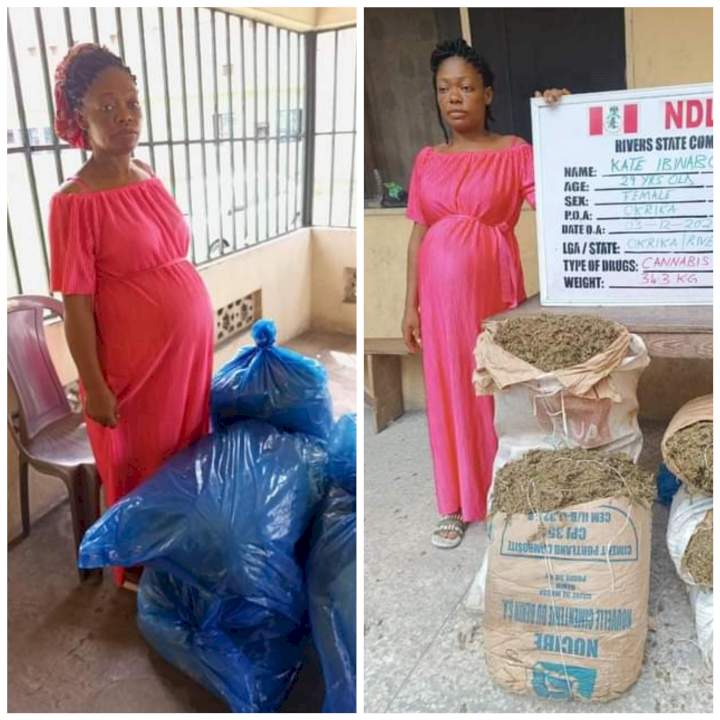
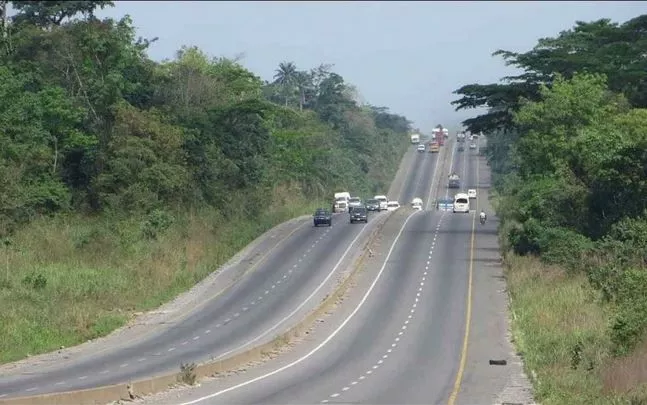


Comments